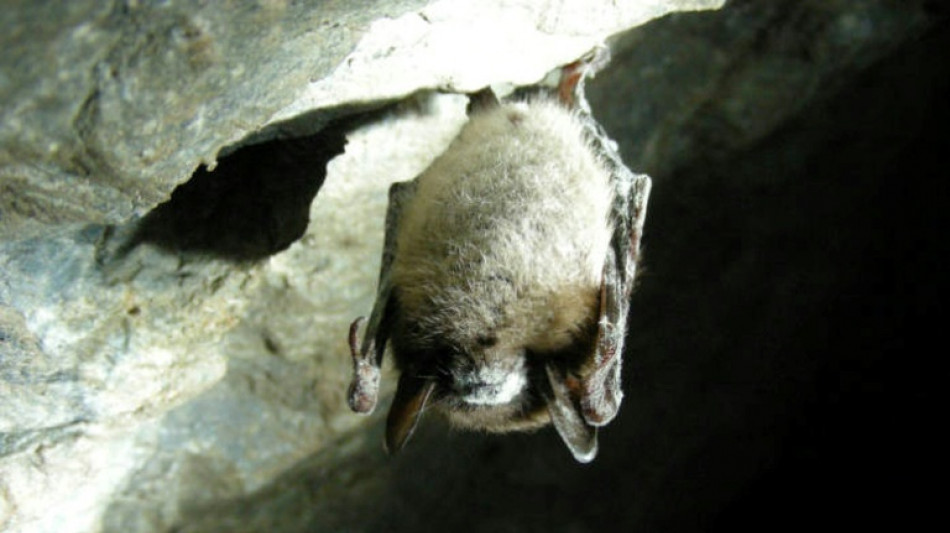
SCS
0.0200


A collapse in North America's bat population led to a surge in pesticide use by farmers as an alternative way to protect crops from insects -- in turn triggering a rise in infant mortalities, a study revealed Thursday.
The paper, published in Science, provides concrete evidence supporting predictions that global biodiversity decline will have severe consequences for humans.
"Ecologists have been warning us that we're losing species left and right... and that will potentially have catastrophic impacts on humanity," author Eyal Frank, of the University of Chicago, told AFP.
"However, there was not a whole lot of empirical validation to those predictions because it is very hard to go and manipulate an ecosystem at a very large spatial scale," added the environmental economist.
- Bats are pest control -
For his work, Frank took advantage of a "natural experiment" -- the sudden emergence of a deadly bat disease -- to quantify the benefits that bug-eating bats provide in pest control.
White-nose syndrome (WNS), caused by an invasive fungus, began spreading across the United States from New York in 2006 -- killing bats by waking them during hibernation in winter, when they lack insects to feed on, and trying to stay warm saps their energy.
The loss of millions of bats shocked the ecosystem.
To investigate, Frank tracked the spread of WNS in the eastern US and compared insecticide use in affected counties versus unaffected ones.
He found a massive 31 percent increase in pesticide use where bat populations had declined.
Given the link between pesticides and poor health outcomes, Frank examined whether increased pesticide use correlated with higher infant mortality rates.
With more pesticides, the infant mortality rate rose by nearly eight percent, translating to 1,334 additional infant deaths since the bat disease took hold -- with contaminated water and air likely serving as pathways for the chemicals to enter humans.
Frank emphasized that the staggered spread of the wildlife disease supports his inference that the bat die-off directly caused the spike in infant mortality, rather than it merely being a coincidence that could be explained by other rural hardships such as drug abuse or poverty.
Any other explanation would have to align with the same expansion path and timing of WNS.
- Cascading impacts -
"We need better data on the presence of pesticides in the environment," Frank said, adding that his findings also underscore the need to protect bats.
Vaccines are being developed against WNS, but bats are also threatened by habitat loss, climate change and wind farms.
The new work adds to the body of evidence showing the cascading impacts of wildlife loss on ecosystems.
A recent study found that reintroducing wolves in Wisconsin reduced vehicle collisions with deer as wolves establish their patrols along highways.
In Central America, declines in amphibians and snakes have led to spikes in human malaria cases.
"Stemming the biodiversity crisis is crucial to maintaining the many benefits that ecosystems provide for which technological substitutes cannot readily, or perhaps, ever replace," scientists at the University of California, Santa Barbara and University of British Columbia wrote in a commentary.
"Studies like that of Frank are important for understanding the benefits of allocating scarce resources for biodiversity conservation."
M.Zhou--ThChM